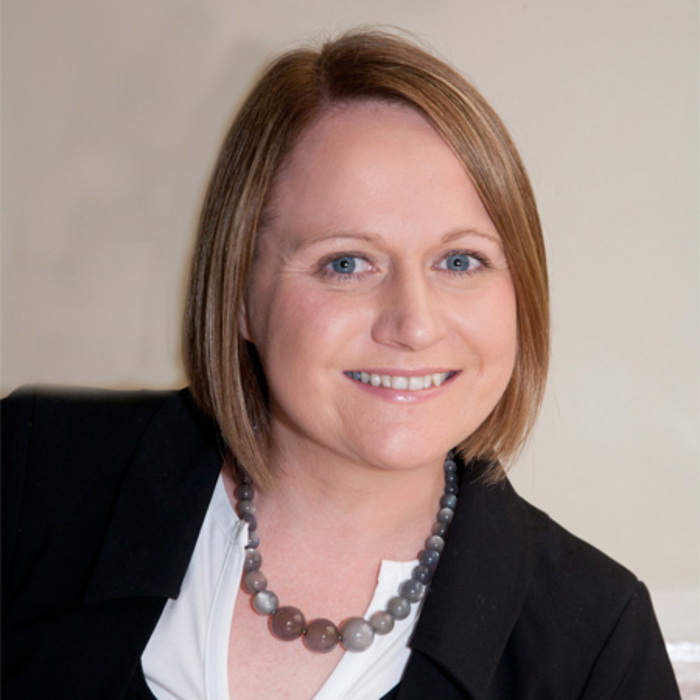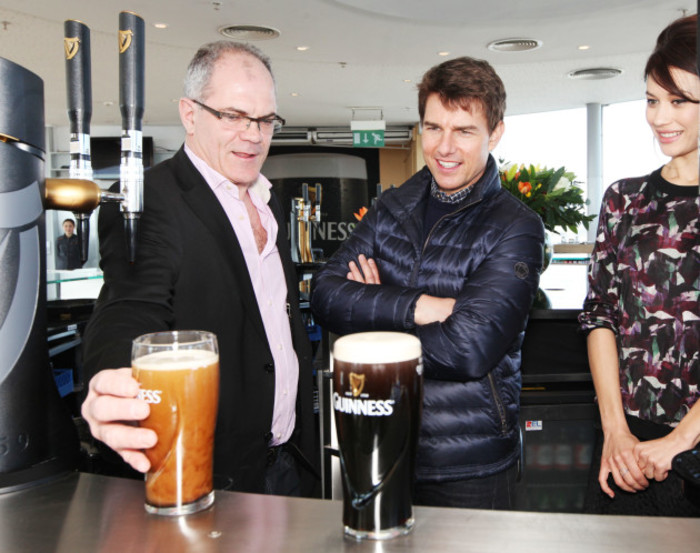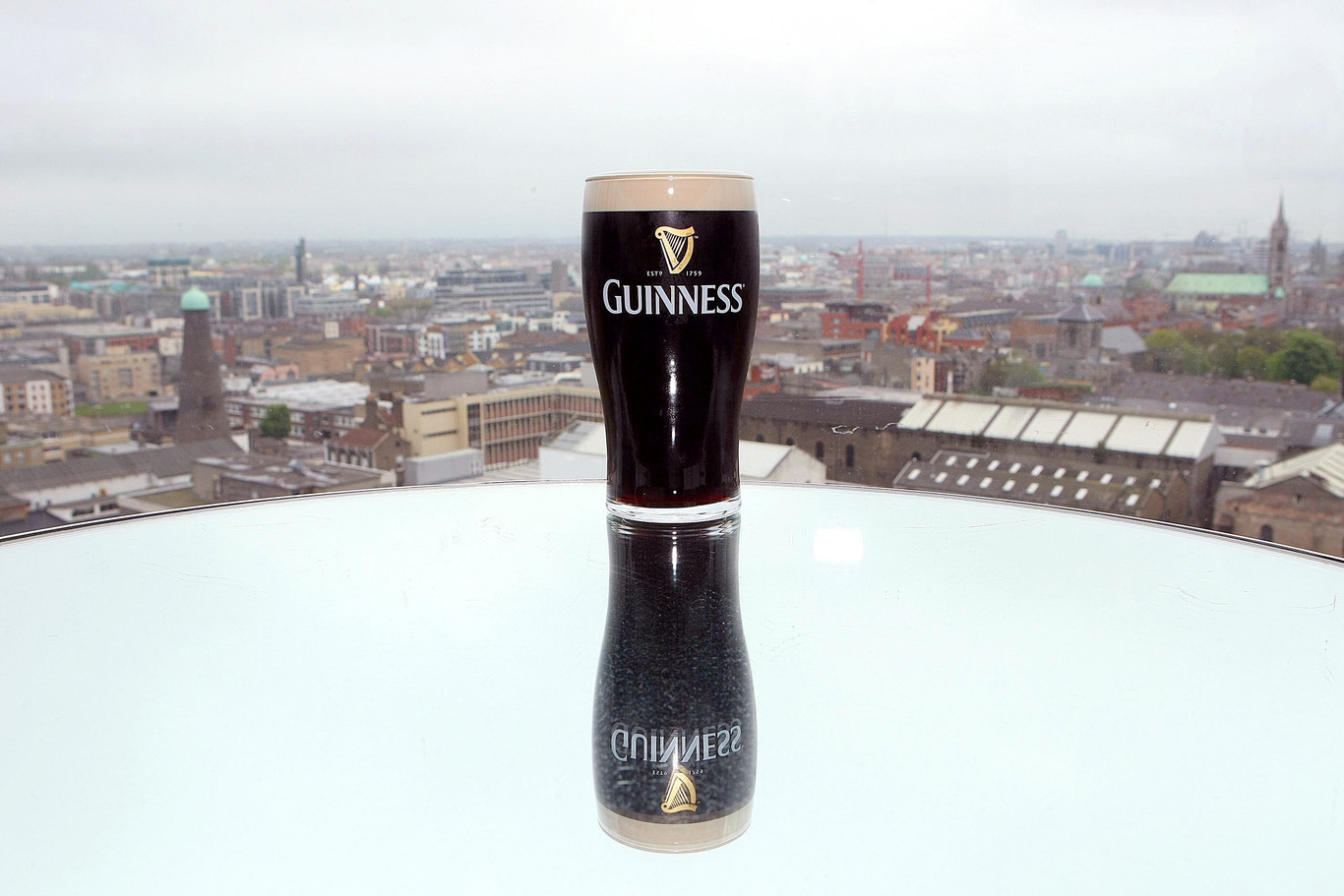Pints with Guinness's head brewer and banquets in Christchurch: How Ireland woos conferences
The country’s multimillion-euro events sector has struggled with a lack of venues for large gala events.
CONFERENCES ARE WORTH hundreds of millions of euro to Ireland every year – but a shortage of large-scale dinner venues is hindering the meetings sector.
According to Fáilte Ireland, business travel to Ireland was worth about €669 million in 2015, the most recent year for which figures are available.
Just over half of that was attributed to what the industry calls ‘promotable’ business tourists – execs who travel for large corporate events and company-incentive trips, as opposed to face-to-face meetings with colleagues.
“The guys that come on red-eye flights to Google meetings, we can’t influence those,” says Jenny Finegan, who heads up business development at Fáilte Ireland’s events team.
This year, Finegan and her colleagues have been tasked with drumming up an extra €157 million worth of business for future conferences.
With each business tourist valued at €1,600, that means the state agency is looking to bring almost 100,000 extra conference delegates to Ireland over the coming years.
A portion of that target – €25 million, or about 15,600 delegates – is specifically for events that take place outside of Dublin.
“That’s not to take business away from the capital but to create incremental business for regional Ireland,” Finegan says.
 Jenny Finegan
Jenny Finegan
‘Fam’ trips
There are a number of ways that Fáilte Ireland tries to entice event organisers to bring their annual conferences here.
It organises business-to-business sales events and provides financial aid to convention bureaus in Dublin, Cork, Shannon, Kerry – and soon Galway.
Seven times a year, it invites groups of 10 international event buyers on familiarisation – or ‘fam’ – trips to sample the country’s business travel products.
These are the types of buyers who book trips on behalf of large, multinational firms, so the competition to win their approval is fierce.
In a bid to set Ireland apart from other destinations – “everywhere from Australia to Berlin” – the itinerary for fam trips is mostly made up of exclusive activities.
“They’re things that you can’t experience in a destination if you just came as a regular visitor,” Finegan says. “If you went to the Guinness Storehouse, you would want a private tour of the brewery by the head brewer.”
 Guinness master brewer Fergal Murray
Guinness master brewer Fergal Murray
The typical budget for these trips is €1,000 per head, but it’s not uncommon for hotels, bus companies and restaurants to provide their services for free.
Capacity issues
Every couple of years, Fáilte Ireland organises a so-called ‘super fam’ where more than 100 buyers visit Ireland in the same week. Finegan says Ireland will host one next year.
The last push, in 2015, culminated in a rare banquet dinner in Dublin’s Christchurch Cathedral.
“That would have been a venue even the Irish were excited about,” Finegan says. “Christchurch does maybe 10 events a year where they allow the cathedral to be used for corporate events.”
Despite the excitement, finding venues of that scale in the capital is a constant problem.
“(The shortage of) gala dinner venues is an issue that has been around for a while,” Finegan says. “(It’s difficult) when you’re competing with a city like Prague, somewhere that has these massive palaces.
“We would have a limited stock of venues that would hold 500 to 1,000 people, even 2,000 in some cases. Gala dinners can be incredibly large.”
Professional conference organisers and destination management companies that coordinate events have to be “quite imaginative and creative”.
“They’ve used all sorts of venues for gala nights,” Finegan says, citing the Guinness Storehouse as an example. “Venues that are visitor attractions during the day after a five o’clock turnaround become corporate event spaces for us to sell.”
When it comes to broader tourism hurdles, Dublin’s well-documented shortage of hotel rooms is also costing the meetings and events sectors business.
According to data compiled by PwC, hotels in the capital had the highest occupancy rate in Europe last year.
“We have lost bids on capacity issues,” Finegan says. “Because we don’t have one, very large city centre hotel that has a thousand beds in it, a lot of associations would have to spread their delegates over a number of different hotels.”
She says Fáilte Ireland works with the Irish Hotels Federation to try and accommodate large numbers of people and stresses to buyers that Dublin is a walkable city.
When asked what’s new for the events space in Ireland, Finegan says “safety is coming further up the priority list for meeting planners”.
“We’ve definitely had some inquiries the day after certain attacks happened in Europe.”
Sign up to our newsletter to receive a regular digest of Fora’s top articles delivered to your inbox.






